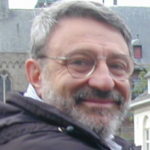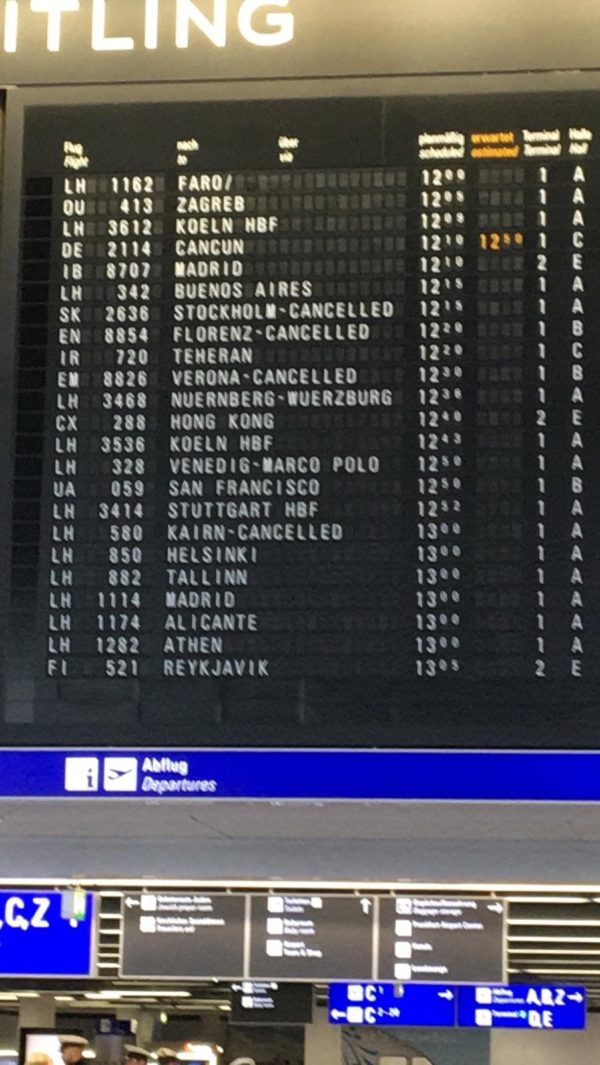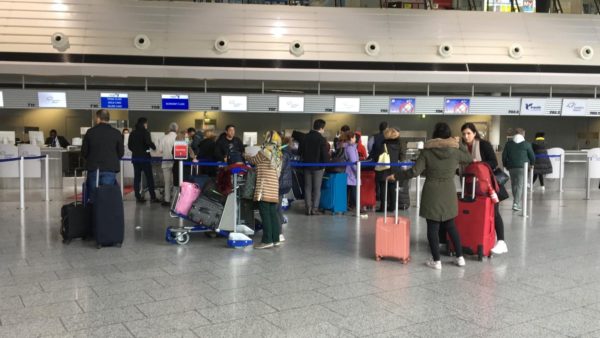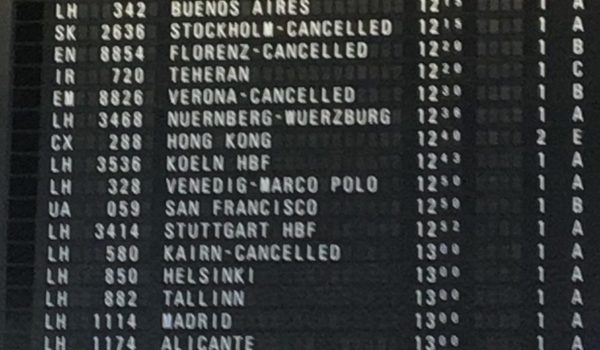
 Exclusive to Africa ExPress
Exclusive to Africa ExPress
Massimo A. Alberizzi and Monica A. Mistretta
March 22, 2020
The exchange of spies in Europe is worth more than the health of its citizens. To tell us this is the reconstruction of a complicated air relay that led to the release of some western hostages in Iran, one of the countries most affected by the Covid-19 pandemic. While almost all flights to and from Europe have been canceled to prevent the spread of contagion, the Iranian national airline Iran Air has continued to stop in European capitals. Why? Simple: on these planes – despite the bans and quarantines – flew three newly freed hostages, a French, an American and an Iranian suspected of trafficking sensitive materials directed to Iran. A third prisoner – an integral part of the negotiation – a Lebanese with a US passport and nationality, was handed over to US diplomats in Beirut.
Three cities are involved: Tehran, Frankfurt and Paris. At least six states are affected: Switzerland, France, Germany, Iran, Lebanon and the United States. News of the death from Covid-19 of a pilot of Iranian Mahan Air, the company of the Revolution Guards, better known as Pasdaran, dates back to Wednesday 18th. It is not clear when the man made the last flight, but we know from FlightRadar24 data that a plane from the company he worked for stopped in Barcelona, Spain, the day after the announcement of his death. The rules, in these cases, no longer matter.
When you put together the flights and the movement of the spies, a complicated “puzzle” arises. On Africa Express we have already talked about the “technical stops” from Tehran to Rimini and Pescara. Now another emerges at Paris Charles de Gaulle airport. The virus infects Iranian pilots who mysteriously die and wander spreading the infection everywhere.

It’s March 18: Michael White, a US Navy veteran detained in Iran, is released and handed over to some diplomats from Switzerland, who represent American interests in Tehran. White, released in Mashad, a city in eastern Iran, is transferred on a flight to Tehran. The day after Washington announces his release they add that another American citizen has been released in Lebanon. This is Amer Fakhoury, arrested by the Lebanese authorities and accused of torture in the infamous Khiam prison, active until 2000. Fakhouri is handed over by his jailers to the marines. They load him onto a helicopter that lands on the roof of the US embassy in Beirut. It looks like a film: the Lebanese government, with its key Hezbollah seats, is the country in the Middle East closest to Tehran.
Meanwhile, it is not clear what happens to White after arriving in the Iranian capital. However, we know that on March 20 an Iran Air flight leaves Tehran at dawn in the direction of Frankfurt. Is this the plane with which White leaves the country? It really could be. A clue that might confirm this – at midday the Iran Air Airbus takes off from the German airport to return to Tehran, but changes its course midair and heads for France landing for an unexpected technical stop at Paris Charles de Gaulle airport.

During these hours an Iranian spy was released in the French capital: the engineer Rohollahnejad. The man should have been extradited to the United States a few days later for trafficking of sensitive materials (nuclear laws) to Iran, but President Emmanuel Macron changes his mind and announces his release on the day the Iran Air plane coming from Frankfurt makes a technical stop in Paris.
March 20th is a busy day for those dealing with hostage exchanges. In fact, almost simultaneously to the announcement of the tenant of the Elysée, the Iranian state television reports that the government of Tehran has just freed a French hostage, the researcher Roland Marchal (an old sociologist who Africa ExPress has met already in the 90s in Somalia). On March 20th, in the evening, the Iran Air flight (presumably with engineer Rohollahnejad on board) returns to Tehran. The newly freed French hostage arrives in Paris the next day.
March 20th must have been a really busy day: the Iranian news agency Tasnim said that while the hostages were released, a long phone call was taking place between the Iranian Foreign Minister Javad Zarif and Josef Borrel, High Representative of the Union European Union for Foreign Affairs. Officially, the two diplomats would have talked about the Coronavirus pandemic and the negative effects of American sanctions on the emergency in Iran, but the ongoing exchange of spies is likely to have entered into their conversation more than once.
On March 22nd, the Trump administration severely criticized France for the release of the Iranian engineer who should have been tried in the United States. But Iran Air flights could hide another story, the one that no one has had the desire to tell us so far. The release of veteran White could be part of the big game.
Massimo A. Alberizzi
Monica A. Mistretta
massimo.alberizzi@gmail.com
monica.mistretta@gmail.com

